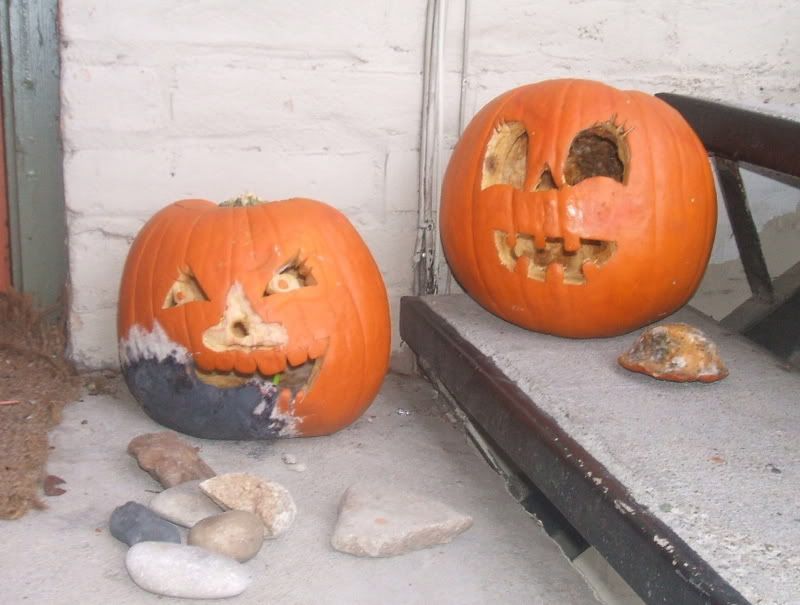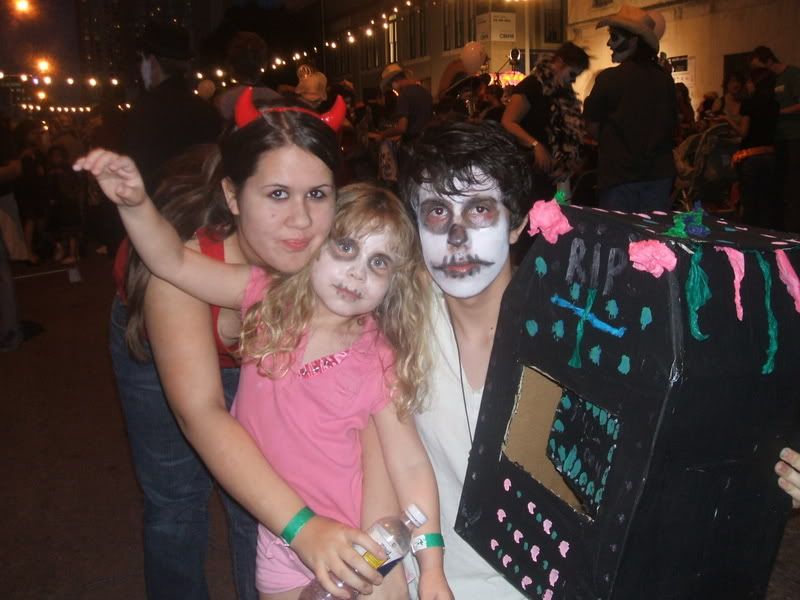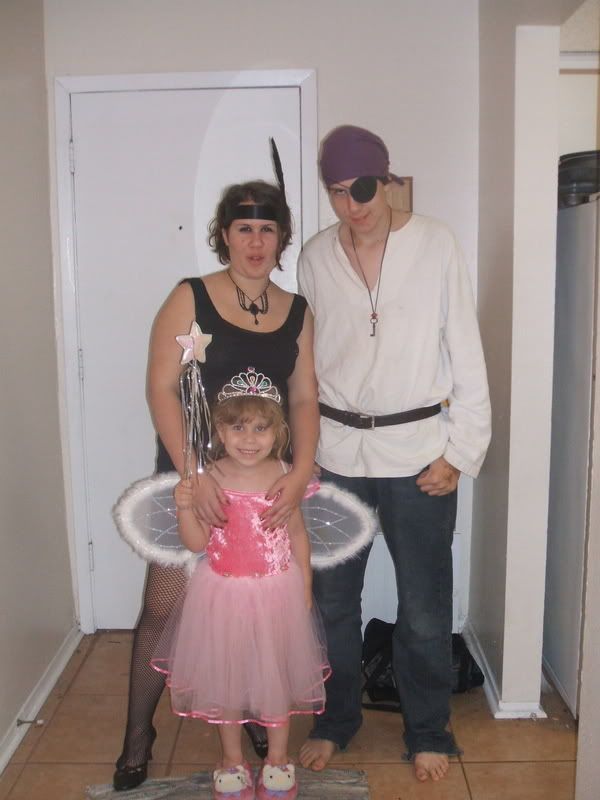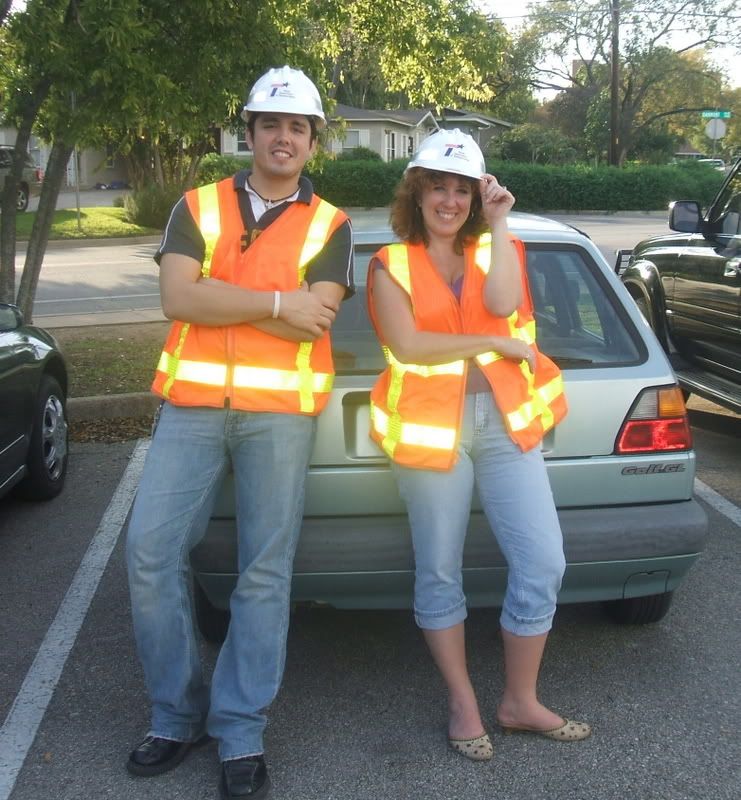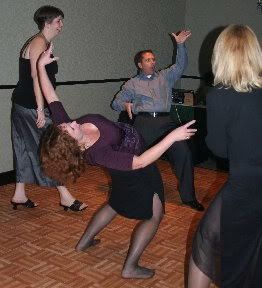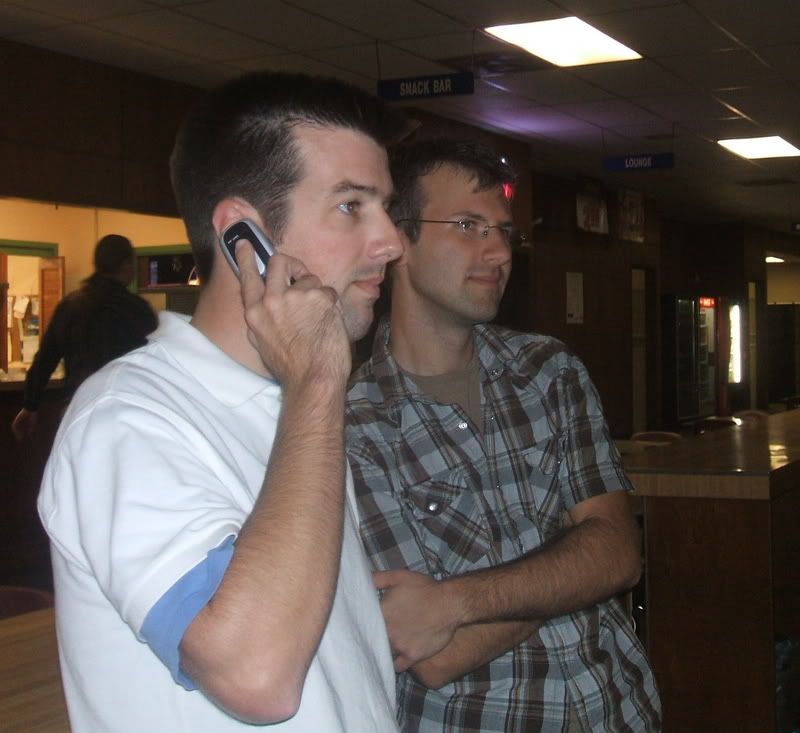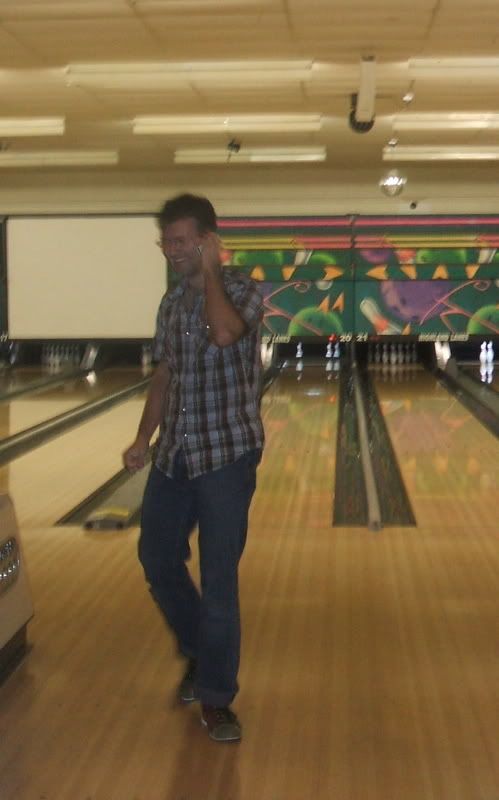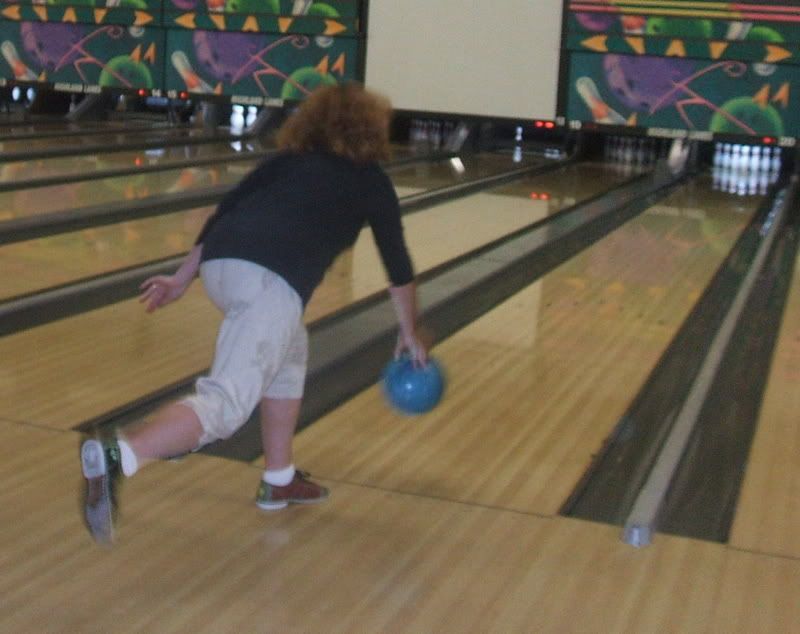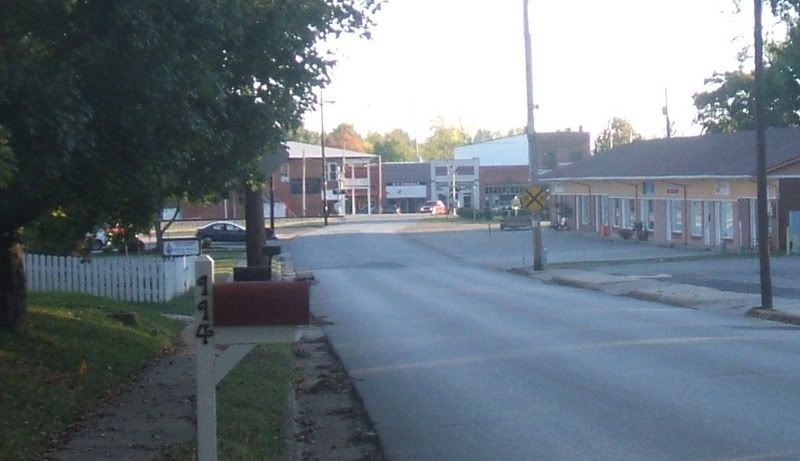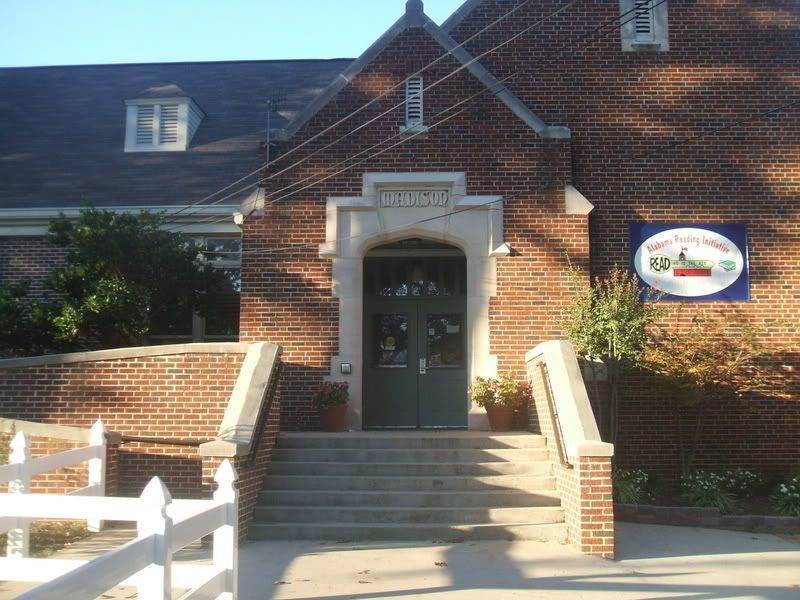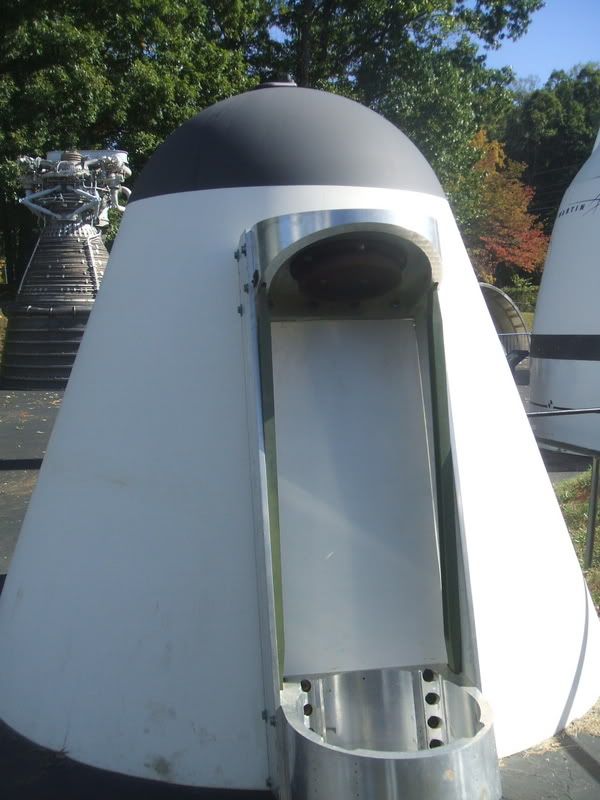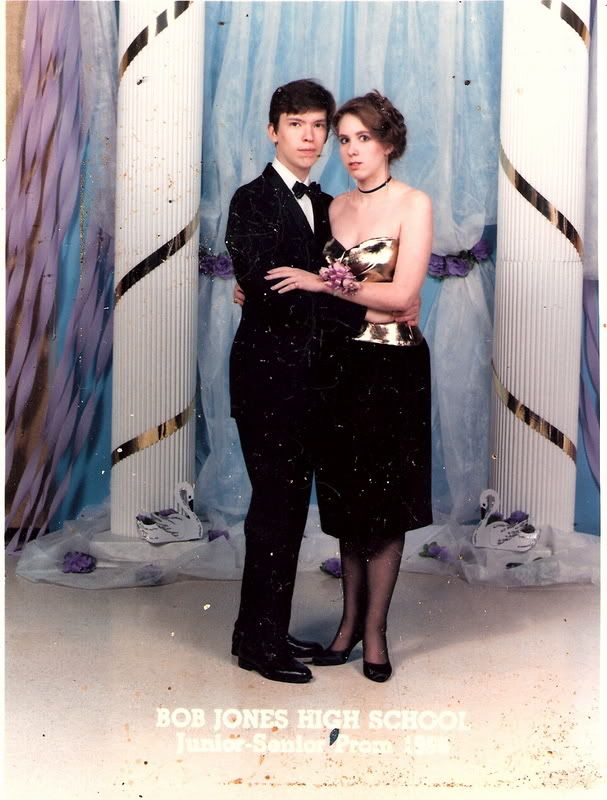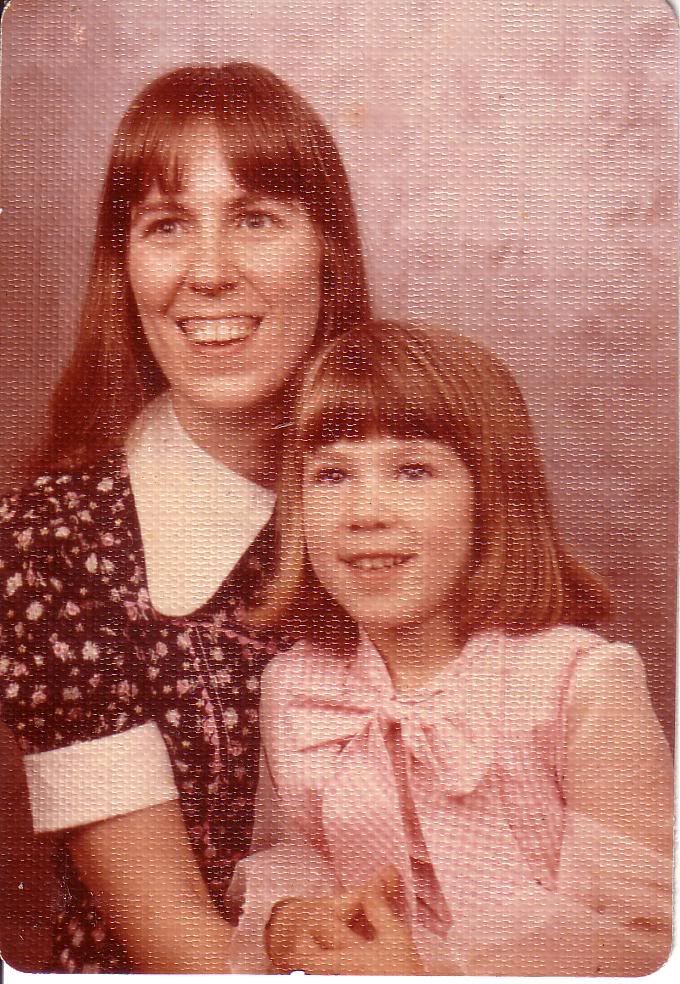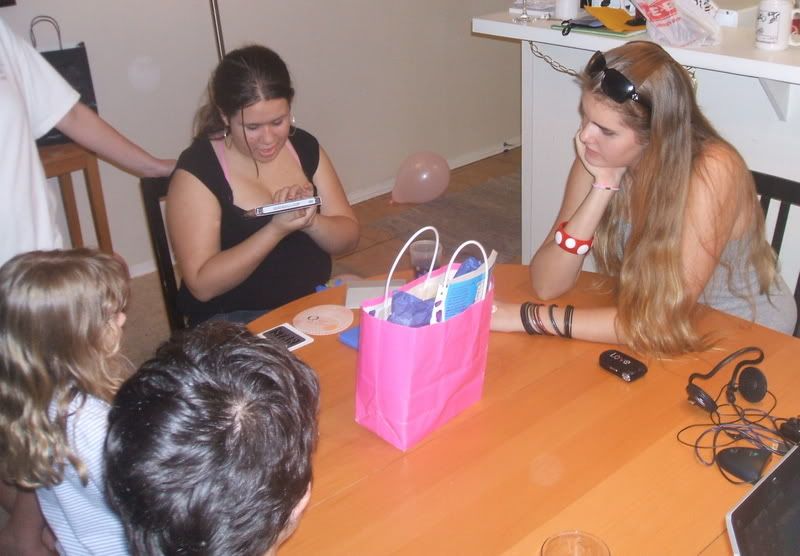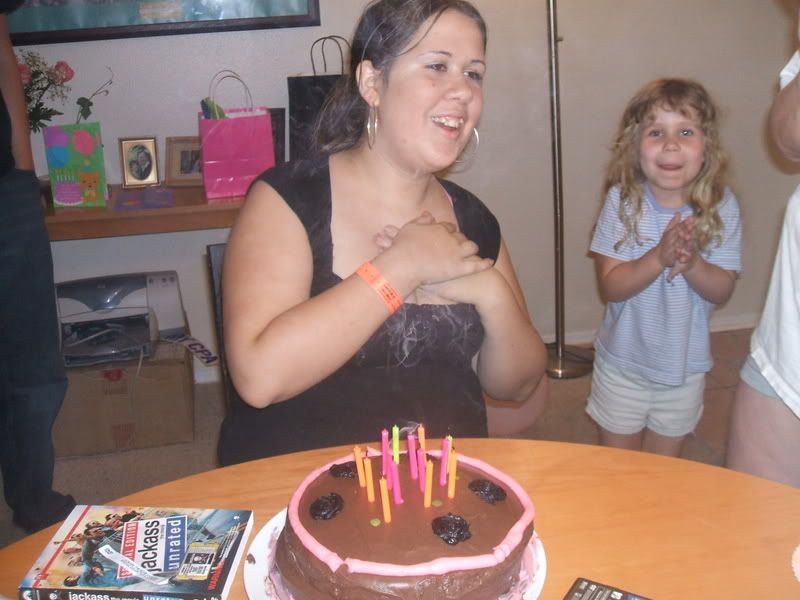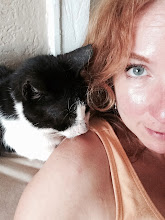
These are my mother's parents, who are now 84 and 86 years old, and who have been married for 68 years. 68 years!
They're originally from Memphis, but have lived here and there around the Southeast. Mom went to high school in Clinton, Mississippi, where my granddaddy was a Baptist minister. I'm not sure quite how it happened, but to hear Mom tell it, religion sort of slid gradually off the whole family, leaving them a bunch of good-natured, easygoing heathens.
Later, Granddaddy was a school principal. My grandmother was an elementary school teacher, then began working with hearing-impaired and special-needs kids, and eventually moved into school counseling. They were living in Louisville when my parents met. Grandmother tells the best stories about other teachers, school administrators and principals, parents, and so many about the kids. She loves telling stories about all the funny and smart and wonderful things that little kids have said and done over her years of working with them. I imagine she must have been fantastic at her job. The kids always cracked her up, and she clearly loved them.
My granddaddy lost a leg below the knee in the Battle of the Bulge in WWII. He was awarded the rank of Kentucky Colonel as a veteran several years later. I remember when Mom told me about it, I thought his picture would be replacing Colonel Sanders' on KFC buckets. I was disappointed when Mom explained that wasn't what it meant.
It's strange to talk to someone who remembers WWII. Grandmother told me that wartime sacrifices were eased somewhat by the fact that the families who made them were already inured to hardship; it was the war that finally ended the Great Depression. You could only get provisions in cans, she said, and you had to turn in the empty cans to get new ones. Everyone was limited to two new pairs of shoes per year. You could get fish sometimes, she said, at the ports, but meat was not usually available.
But the war did a great deal for women. Prior to the war, she desperately wanted to go to college but could not, even though she was an excellent student. Her family was not well off, and college scholarships weren't offered for women. And Grandmother told a story about a woman she had known who was offered a promotion within her company, but not the pay raise that should have gone with it. "But (name of male worker) is in this position and he's making (amount)," the woman protested. She was simply and openly told that that kind of pay rate was not available to women employees. But the war brought women wholesale into the workforce, permanently changing it.
Of course, steel fabricators can't really work from home, so sexual harassment awareness had to come later.
The Deep South was - and, as I suppose my experiences over the past weekend would demonstrate, still can be - something of an alien place to people who aren't living there. My mom's older sister, my aunt Barbara, was once reprimanded by Grandmother's mother for hopping across a ditch early in her pregnancy. "You shouldn't be doing that sort of thing in your condition," my great-grandmother remonstrated; "and for that matter, you're starting to show; you shouldn't be running around outside at all!"
But even though my aunt Barbara is Grandmother's oldest child, she was not the first baby. My grandmother, married at just 16, lost her first pregnancy at 6 months' gestation. She became pregnant again and carried the baby to term, but it died at 6 months old. "I think it had spina bifida," she said, never mentioning a name or the baby's gender.
Grandmother thinks the recent idea of arming schoolteachers is a scream. "Oh, my God, if I'd ever had a gun!" she laughed, and proceeded to tell a couple of stories on herself. Apparently when they lived out in the boondocks, after retirement, my grandfather kept a gun in the house. She never liked it, but there it was. Still, one night he had gone out late and she thought she heard strange noises outside, so she loaded and cocked the gun and placed it under the bed within easy reach.
When Granddaddy got home and climbed into bed, his foot kicked the gun. 'What the -" he exclaimed, picked it up, and promptly shot a hole through the ceiling. "He was so mad at me!" says Grandmother, almost falling out of her chair.
Grandmother said other teachers often pissed her off - and vice versa - way too much for guns in school to be a good idea. I had a mental image of a bunch of Southern teachers whooping it up, Yosemite-Sam-style, propelling themselves up into the air with shotgun blasts. Yee-haa!
Granddaddy has always been a bit of a recluse. He enjoyed my visit, but didn't talk much. When I was very little I was frightened of him, because he said little, stomped around (with his artificial leg), and preferred hanging out in the basement. (That's where his pool table is.) He plays the guitar quite well. He and Grandmother were never above a little slightly illegal refreshment, if you know what I mean.
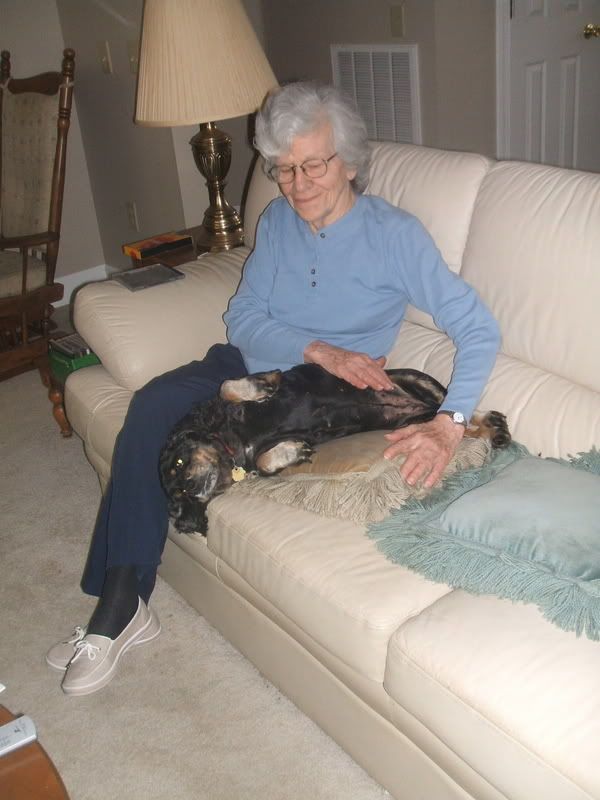
Grandmother and Granddaddy's dog Penny, they've just found out, has cancer. The vet says she has about three months to live. She's a fat and cuddly little dog, about eight years old (my grandparents adopted her as an adult, so they don't know her exact age). The vet said they could try chemotherapy, but it might not work, could kill Penny, and would of course make her sick and miserable for several months in any case. So Grandmother and Granddaddy decided to let her go. They've been pampering her and making an extra fuss over her since they found out, and once she's in pain, they'll have her put to sleep. For now, she is one extremely happy, well-loved, and very well-fed little dog.
But Grandmother doesn't think death is frightening. She has a pacemaker, and had a procedure some time ago where the doctor actually stopped her heart for several seconds and let it start back up again on its own. "He told me I'd feel strange, but he didn't explain exactly what it was he was going to do," she told me. So she lay back, and when the procedure began and her heart stopped, she thought she was dying, and felt an incredible sense of serenity. She said she felt that everything was out of her hands and that there was absolutely nothing she could do, so she had nothing in the whole world to worry about. "It felt wonderful," she said. "It was the most peaceful feeling I've ever had."
My sister Jessie is thinking about heading down there (she's in Connecticut now) for Thanksgiving. Maybe Margie and I can go too and meet her there.
